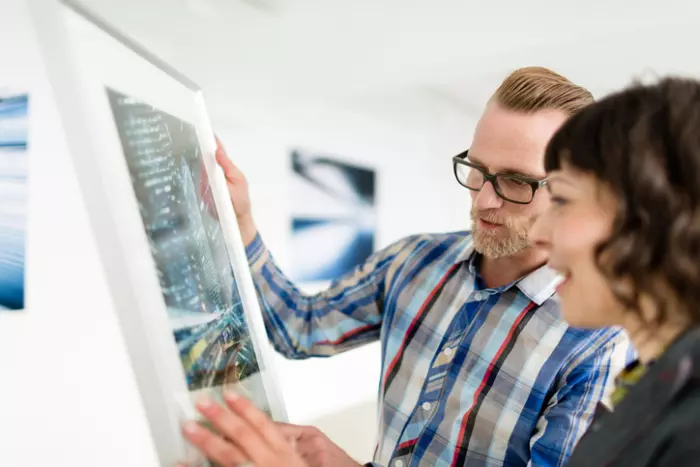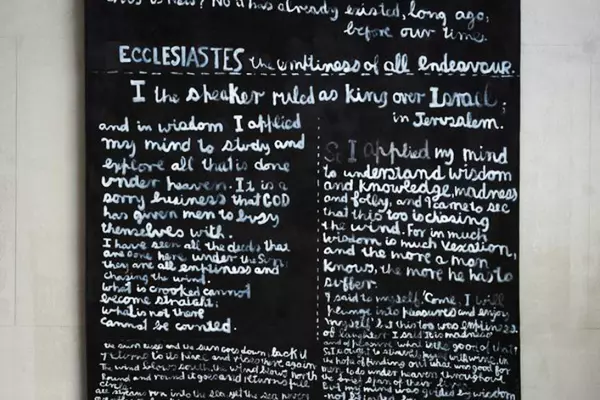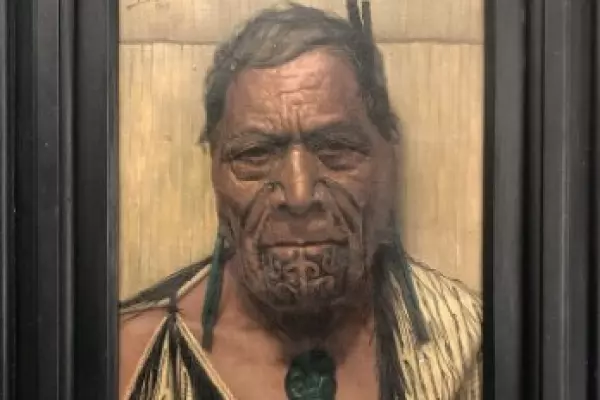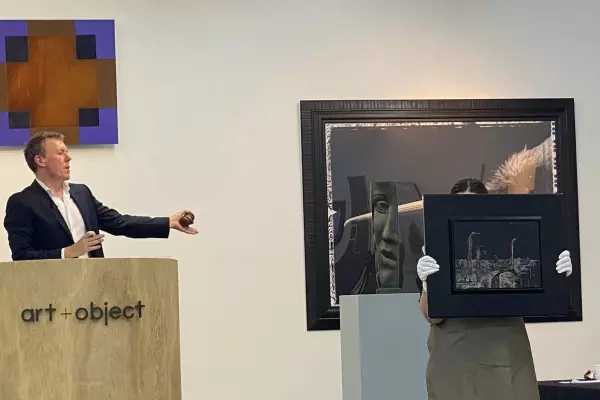When purchasing art, knowledge is king. Knowledge gives you confidence in your purchasing decisions, it gives you a visual framework for what you are buying and the ability to put a work in context. If you have looked at a lot of art, read widely and had lots of discussions with arts professionals, you will be armed with a valuable pool of knowledge to direct toward your art collecting.
For many people, buying an artwork is based on a gut reaction. Art has a strong emotional pull and it’s very common to hear people say, “I’m not buying for investment, I only buy what I like”. The great thing about acquiring knowledge is that once you know more about a work, it gives you a deeper and stronger appreciation for what you have. When you look at the piece on the wall, you can enjoy the visual aesthetic as well as the concept the artist has brought to it.
So, what happens when you fall in love with a work in a gallery or coming up in an auction? The first thing you should do is talk to the art professional onsite. Gallery owners and auction-house staff enjoy talking to potential clients and sharing their knowledge, and they are often a mine of information. They will be able to tell you about the artist, their biographical information and qualifications, as well as more specific information about their style, their technique and the motivations behind their work.
If the art you are interested in is in a dealer gallery, the staff will be able to show you other works by the same artist and you will be able to compare your piece with others, which is a very good way to reinforce your purchasing decision.
Gallery owners often have a very strong relationship with their artists – they are their biggest champions and are fully vested in their careers – and for those artists who have had a long relationship with the gallery, there will be an archive of information and images that can be shared with the client. The gallery will often host events where the artist is present and that can be a great opportunity to meet them and speak one on one about their artistic practice. Some artists will also offer visits to their studio, which is a wonderful way to get to know them in a space they are comfortable in.
Auction-house staff will often have an intimate knowledge of pricing and will be able to tell you what comparable works have sold for on the secondary market. As auction houses handle thousands of works a year, their staff are well placed to discuss the quality of the work you may be interested in compared to others they have sold, or may know of other works coming onto the market which could be of interest.
For collectors wanting to build a well-considered collection or to invest significant sums in the art market, using the services of an art consultant can be a wise decision. Consultants have a wide knowledge across all areas of the primary and secondary markets and will walk alongside you on your collecting journey, offering suggestions on works to buy, vetting your purchasing decisions and locating and negotiating for works off market, basically acting as a sounding board for you.
If you aren’t able to talk to someone in person, there are a great many free sources of information and advice online, as well as books and magazines, that can help to build your knowledge.
New Zealand also has specialist art-book publishers such as Auckland University Press whose publications are widely sold through bookshops or can be borrowed from libraries. Specialist magazines such as Art News New Zealand, Art New Zealand and Art Collector all feature articles on artists and on current or upcoming exhibitions. The articles are written by curators and art writers who have a depth of knowledge and critical analysis that are highly informative. These magazines can often be borrowed from your local public library.
Public galleries all exhibit their collections online as well as podcasts and curators’ talks about the artists and works in the collection. It is worthwhile browsing these websites as they often show the best of the best of an artist’s works and these can be used as a benchmark for your own collecting.
Building a relationship with an arts professional or artist can be one of the most rewarding parts of the collecting journey. Generally, when people buy art, they are indulging in an interest or a passion that is an adjunct to their primary career. But some of us are lucky enough to talk about art every day as part of our job, and it’s a privilege to be able to share our knowledge and expertise with others.
Briar Williams is a specialist fine art valuer at artvaluationsnz.com














